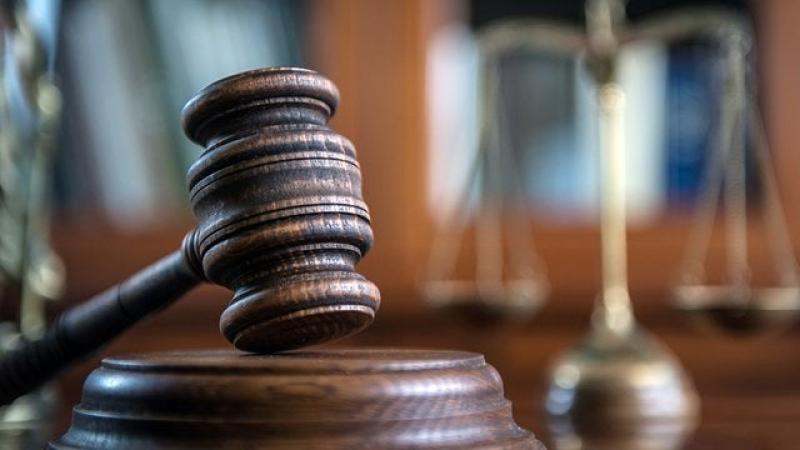The cost and benefits of filling the federal appeals court vacancies



The cost and benefits of filling the federal appeals court vacancies© The Hill The cost and benefits of filling the federal appeals court vacancies
President Donald Trump incessantly brags that confirming appellate judges comprises his foremost success. Recent Senate confirmation of Fifth Circuit Judge Cory Wilson means that Trump has appointed fifty-three extremely conservative, young appeals court judges and filled all 179 congressionally-authorized judgeships. Ronald Reagan was the last president who experienced no vacancies.
Trump had pledged to appoint conservative judges, and he has respected that promise. Trump has changed the composition of the Second, Third and Eleventh Circuits from a majority of active judges confirmed by a Democratic president to a majority appointed by a Republican president, significantly modified the Ninth Circuit's makeup and increased GOP-confirmed majorities' size on the remaining courts. These tribunals need full judicial complements, as they are courts of last resort for their regions in 99 percent of the cases appealed, because the U.S. Supreme Court hears so few cases, while they confront substantial caseloads and need more judicial resources.
However, this achievement has imposed numerous costs on the federal courts and the federal government's tripartite branches. In Republicans' haste to fill the appeals courts with conservatives, Trump and Senate Majority Leader Mitch McConnell (R-K.Y.) have undermined those courts' ideological balance while appointing some judges who lacked the requisite qualifications. The GOP has shortchanged the district courts, which confront 72 vacancies, 42 of which constitute "emergencies," because of their protracted length and huge dockets, and are principally located in "blue" states, such as California, New Jersey and New York. Republicans have also decreased ideological, experiential, ethnic, gender and sexual orientation diversity on the federal courts. For example, Trump has nominated no African American to an appellate court opening.
The GOP filled the appellate vacancies by eviscerating many venerable rules and customs that governed judicial selection and have perennially helped confirm well qualified, mainstream judges. One clear example is abolishing the century-old "blue slip" policy for appellate nominees, which required home-state senator approval for the nominees' Senate consideration. Abrogation also severely undermined the practice of meaningful White House consultation with home-state senators before nominating candidates from their states.
Trump and the Senate virtually excluded the American Bar Association from the judicial selection process. However, every president since Dwight Eisenhower, save President George W. Bush, had relied substantially on the ABA's professional, expert candidate assessments and ratings. Indeed, the bar association rated nine Trump nominees not qualified, even though President Barack Obama refused to nominate any candidate who received that rating. The Senate conducted 15 hearings in which two appellate nominees and often four district nominees appeared, which complicated efforts to question them, and these sessions proceeded without minority party approval. This strikingly contrasts with three similar hearings during the eight years of Obama's tenure, which had GOP permission.
These phenomena have imposed many detrimental effects. The district court vacancies and emergencies complicate the efforts of district judges, who are the justice system's "workhorses," to promptly, inexpensively and fairly resolve cases, depriving litigants of their day in court. Improved ethnic, gender and sexual orientation diversity can enhance decision making's quality by affording different perspectives; reduce bias, which undermines the justice system; and increase public confidence in the courts, because the judiciary reflects America. Those impacts have undercut public respect for the presidency, the Senate, the nomination and confirmation processes, the judges appointed and the courts, making the judiciary resemble the political branches.
Carl Tobias is the Williams Chair in Law at the University of Richmond.
Continue ReadingShow full articles without "Continue Reading" button for {0} hours.

Tags
Who is online
84 visitors

Nice to see positions being filled at near-record levels.
Leave no vacancy behind!
Let me address the criticisms.
First - the abolishment of the century-old "blue slip" policy for appellate nominees. That policy needed to go - democrats had abused the policy to keep activist judges presiding in those districts. One of the reasons the infamous Ninth Circuit Court was left leaning for so long.
Second - is the ideological corruption of the American Bar Association over the past few decades. The organization has lost all credibility at this point and should have no influence over these appointments.
Third - District Court vacancies will be addressed in due time. We had an enormous amount of vacancies to be filled and the Senate leader made that priority 1. Over 200 vacancies have been filled since Trump took office.